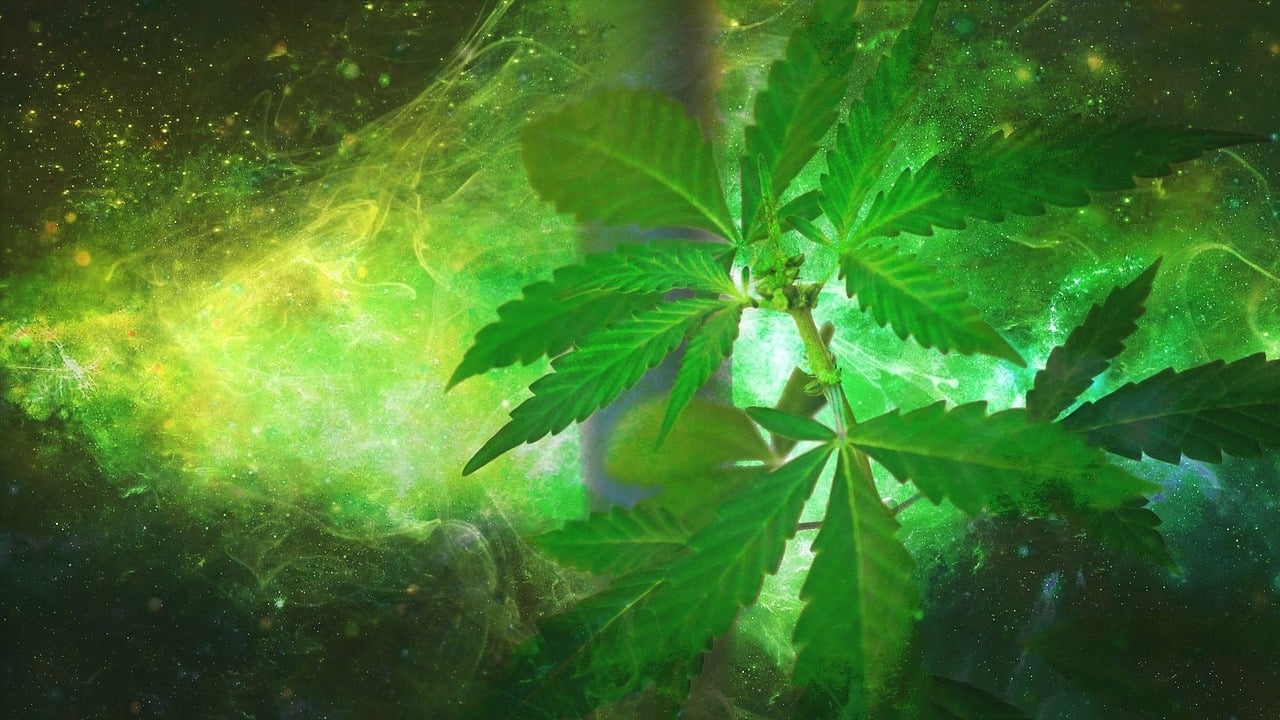In recent years, the cannabis industry has seen a surge in interest surrounding various cannabinoids, each offering unique benefits and effects. Among these, THCA (tetrahydrocannabinolic acid) has emerged as a promising natural alternative to THC (tetrahydrocannabinol). This article explores the potential of Red Velvet strain for anxiety, its benefits, and its growing popularity as a non-psychoactive option for cannabis enthusiasts.
Understanding THCA and THC
THCA is a non-psychoactive cannabinoid found in raw and live cannabis plants. Unlike THC, which is known for its psychoactive effects, THCA does not produce a “high” when consumed. This distinction makes THCA an attractive option for those seeking the therapeutic benefits of cannabis without the mind-altering effects.
THCA is the precursor to THC. When cannabis is exposed to heat through smoking, vaping, or cooking, THCA undergoes a process called decarboxylation, converting it into THC. This transformation is what gives THC its psychoactive properties.
Benefits of THCA
Research into THCA is still in its early stages, but preliminary studies and anecdotal evidence suggest several potential benefits:
- Anti-inflammatory Properties: THCA may help reduce inflammation, making it a potential option for those with conditions like arthritis or inflammatory bowel disease.
- Neuroprotective Effects: Some studies indicate that THCA could have neuroprotective properties, potentially benefiting individuals with neurodegenerative diseases.
- Anti-emetic Benefits: THCA might help alleviate nausea and vomiting, offering relief for patients undergoing chemotherapy or dealing with other conditions that cause these symptoms.
- Appetite Stimulation: Like THC, THCA may stimulate appetite, which can be beneficial for individuals with eating disorders or those undergoing treatments that suppress appetite.
THCA Flower: A Growing Trend
The popularity of THCA flower is on the rise, driven by consumers seeking a natural, non-psychoactive alternative to traditional cannabis products. THCA flower is essentially raw cannabis that has not been exposed to heat, preserving its THCA content.
Consumption Methods
There are several ways to consume THCA flower, each offering different experiences and benefits:
- Juicing: Fresh cannabis leaves and flowers can be juiced to create a nutrient-rich beverage that retains the THCA content.
- Raw Consumption: THCA flower can be added to salads or smoothies, providing a raw, unprocessed way to enjoy its benefits.
- Tinctures and Oils: THCA can be extracted into tinctures or oils, offering a convenient method for precise dosing.
Case Studies and Research
While comprehensive research on THCA is limited, several case studies and preliminary research provide insights into its potential:
A study published in the British Journal of Pharmacology highlighted THCA’s anti-inflammatory properties, suggesting its potential in treating inflammatory conditions. Another study in the Journal of Neuroimmune Pharmacology explored THCA’s neuroprotective effects, indicating its promise in neurodegenerative disease management.
Anecdotal evidence from patients using THCA for conditions like epilepsy and chronic pain further supports its therapeutic potential. These personal accounts often describe significant improvements in symptoms without the psychoactive effects associated with THC.
Legal Considerations
The legal status of THCA varies by region, often depending on local cannabis laws. In many places, THCA is not classified as a controlled substance, allowing for its sale and consumption. However, it’s crucial for consumers to be aware of their local regulations to avoid legal complications.
Conclusion
THCA flower represents a promising natural alternative to THC, offering potential therapeutic benefits without the psychoactive effects. As research continues to uncover the full range of its properties, THCA may become an increasingly popular choice for those seeking the benefits of cannabis in its raw form. With its anti-inflammatory, neuroprotective, and anti-emetic properties, THCA holds significant promise for a variety of health conditions. As the cannabis industry evolves, THCA flower stands out as a compelling option for consumers looking for a non-psychoactive, therapeutic experience.


